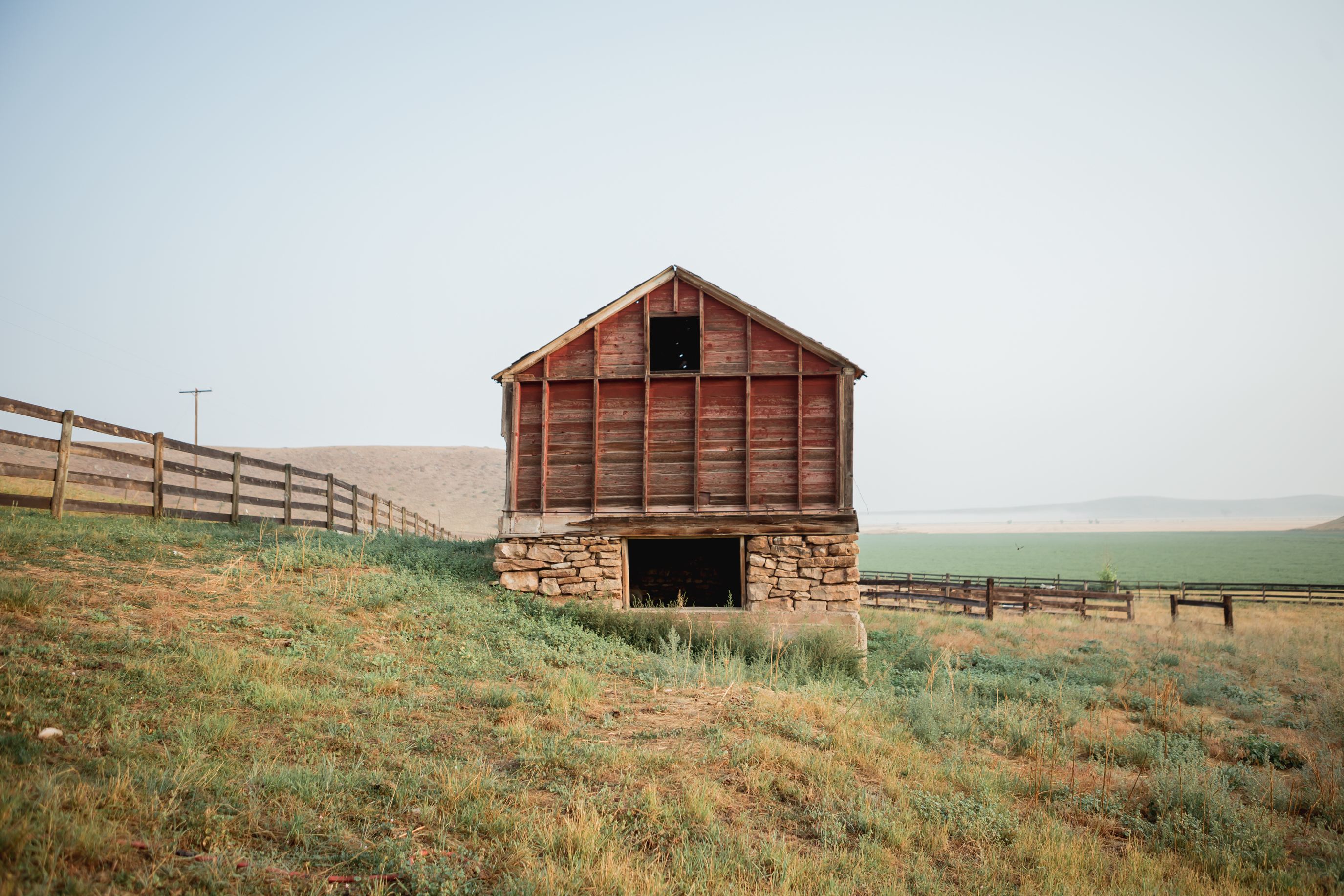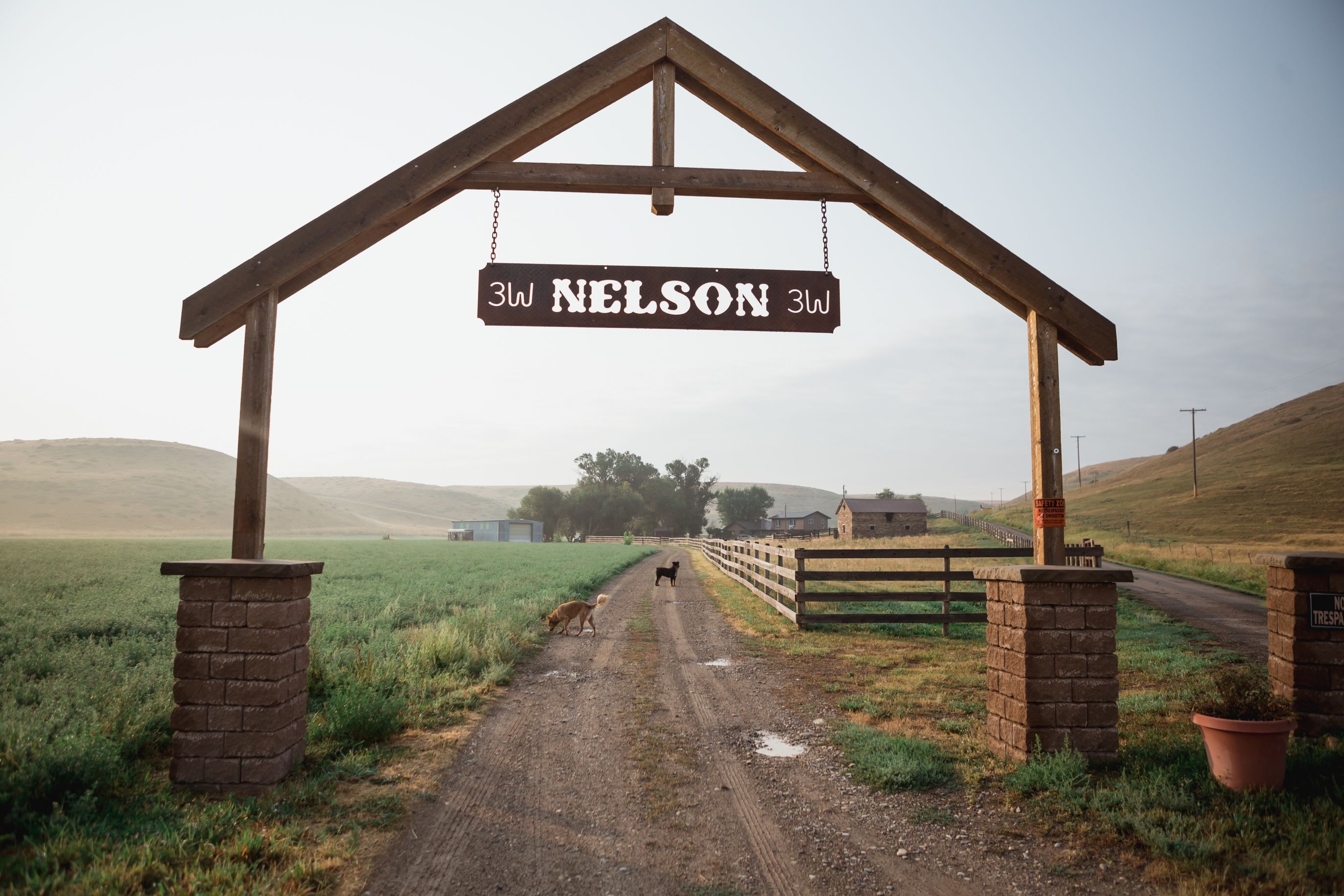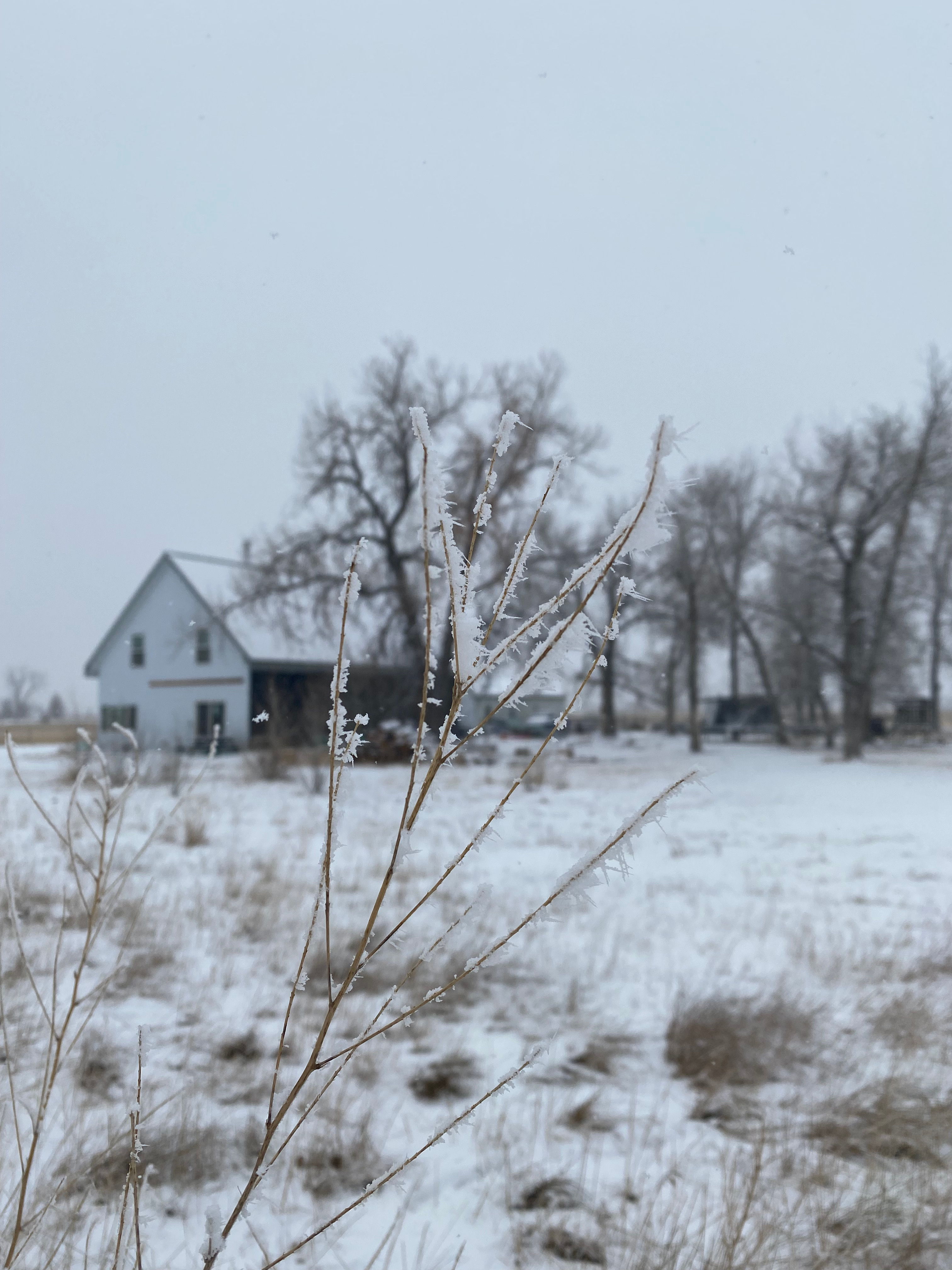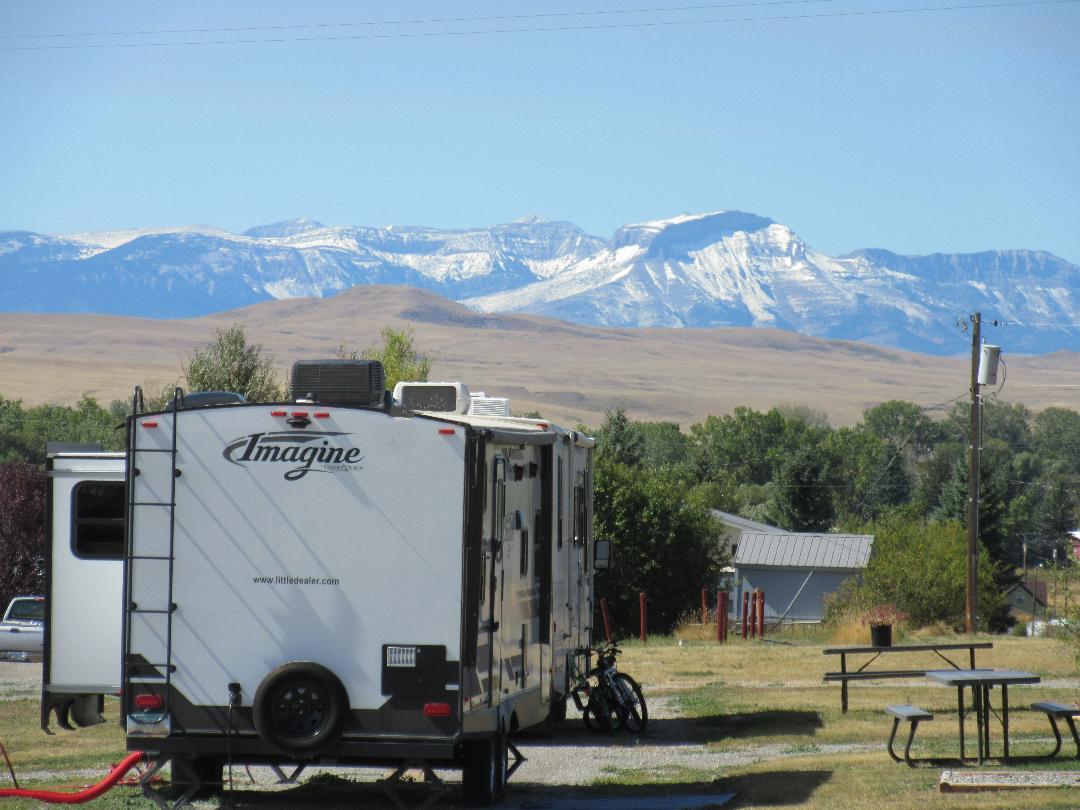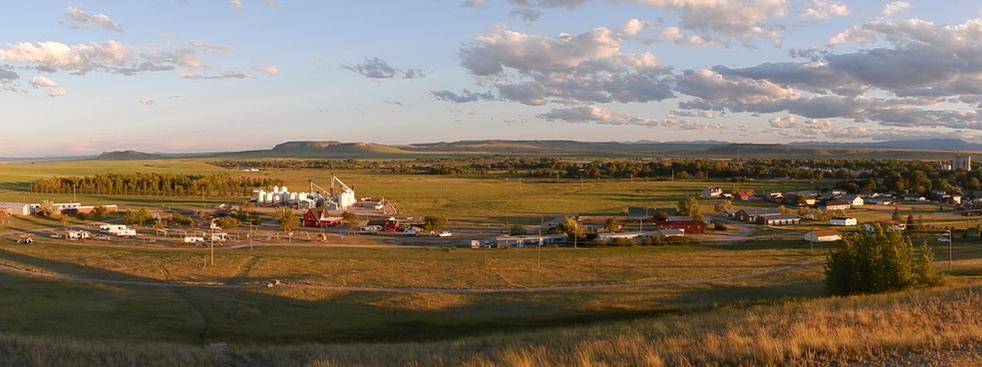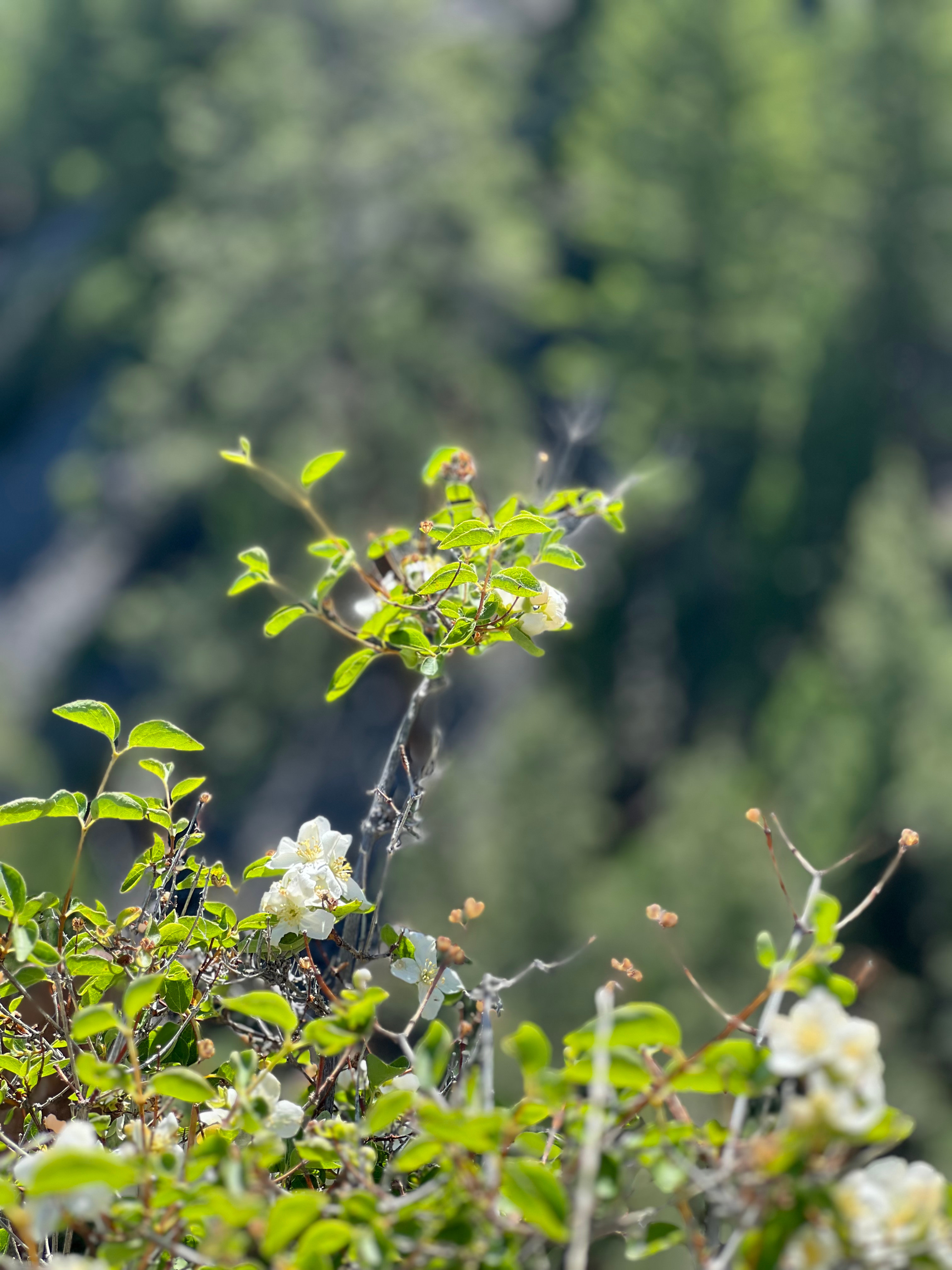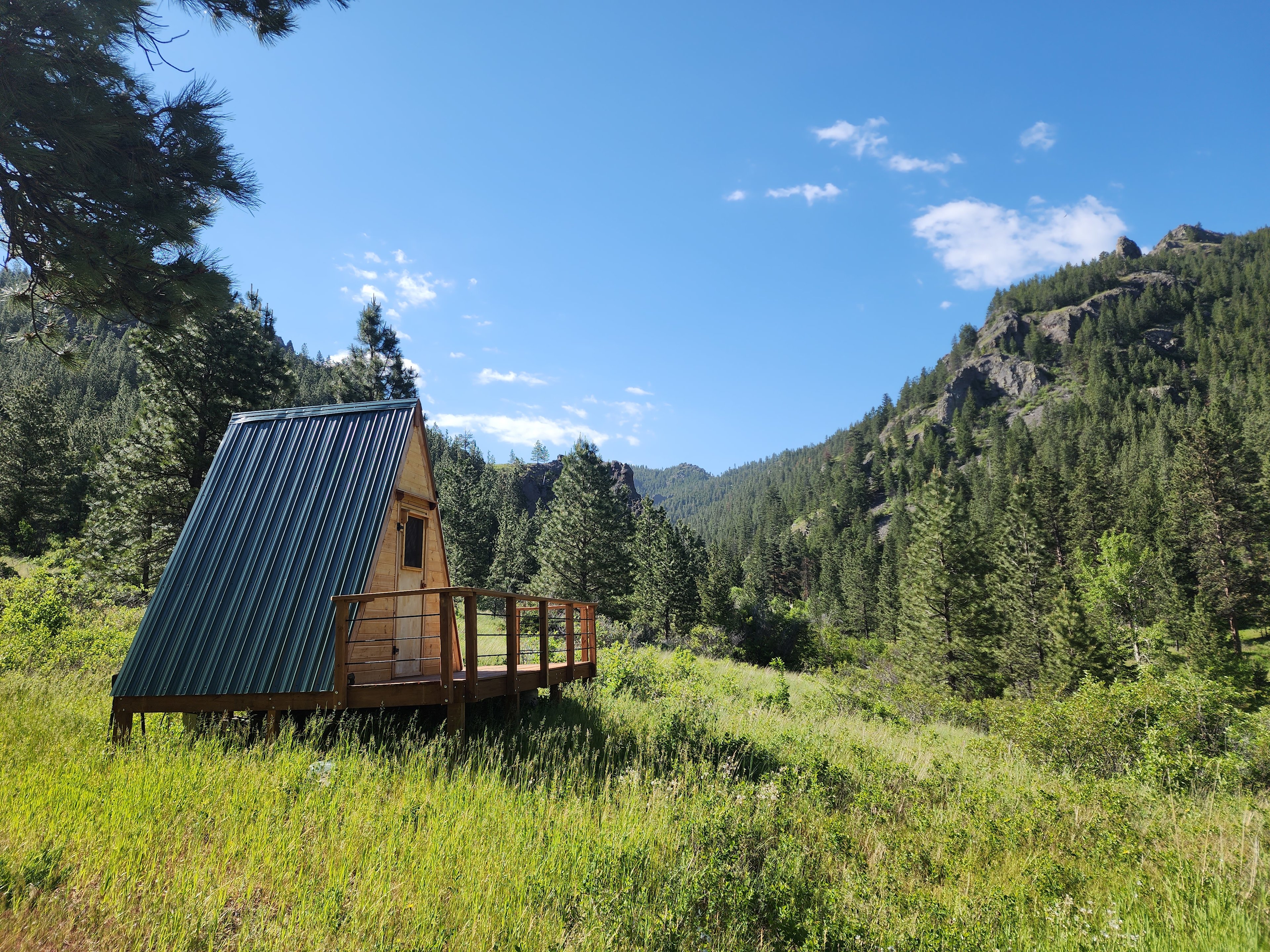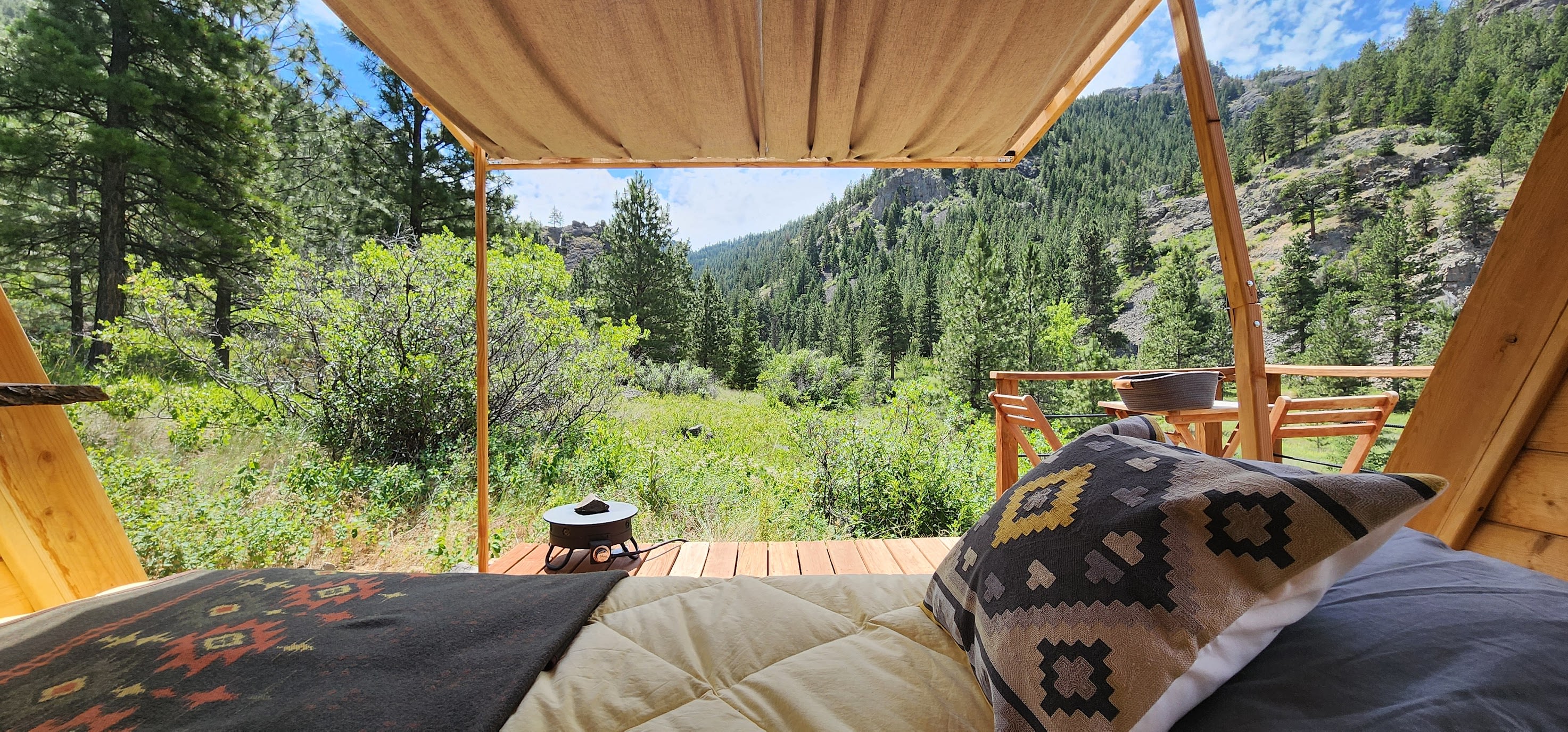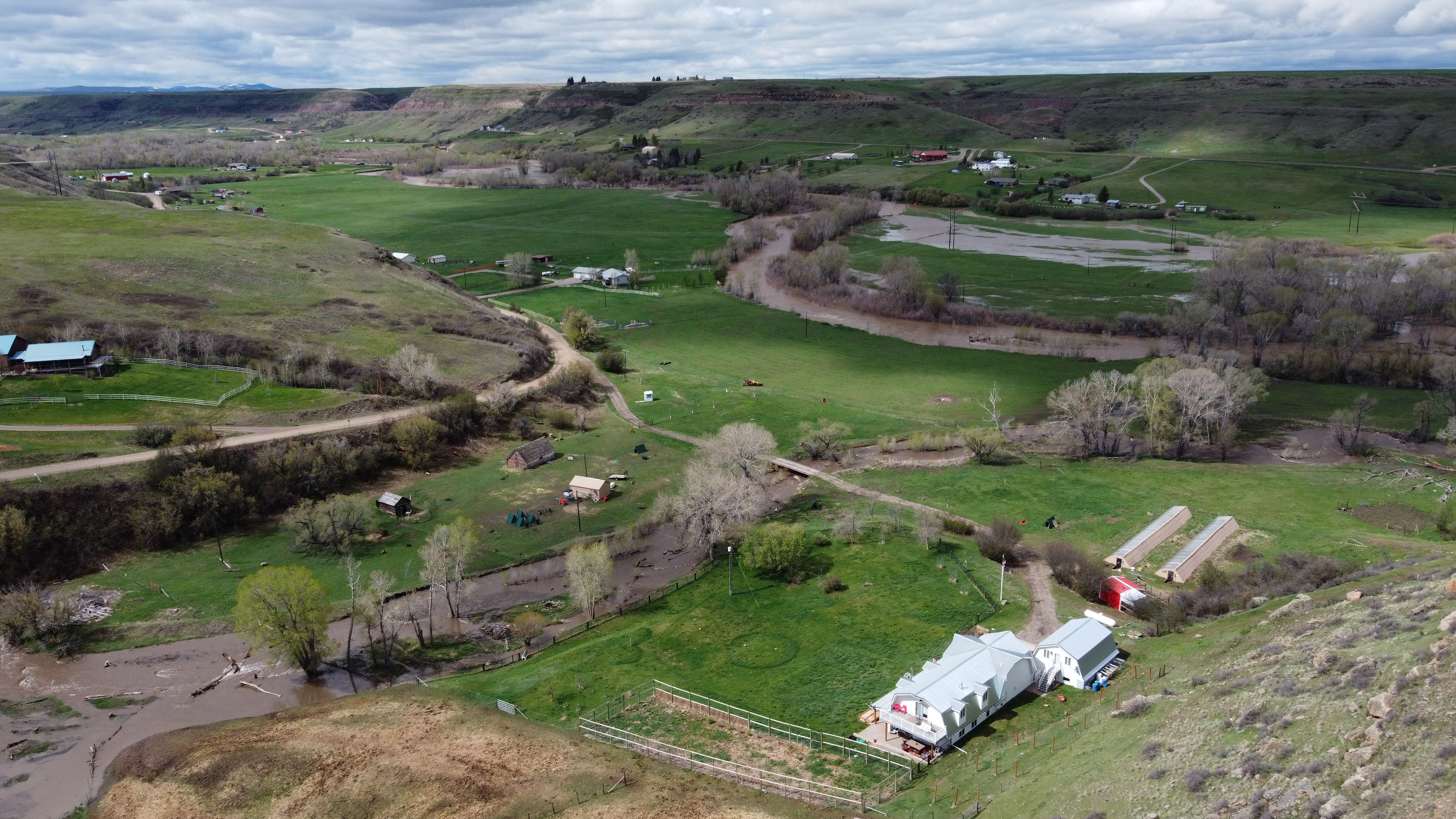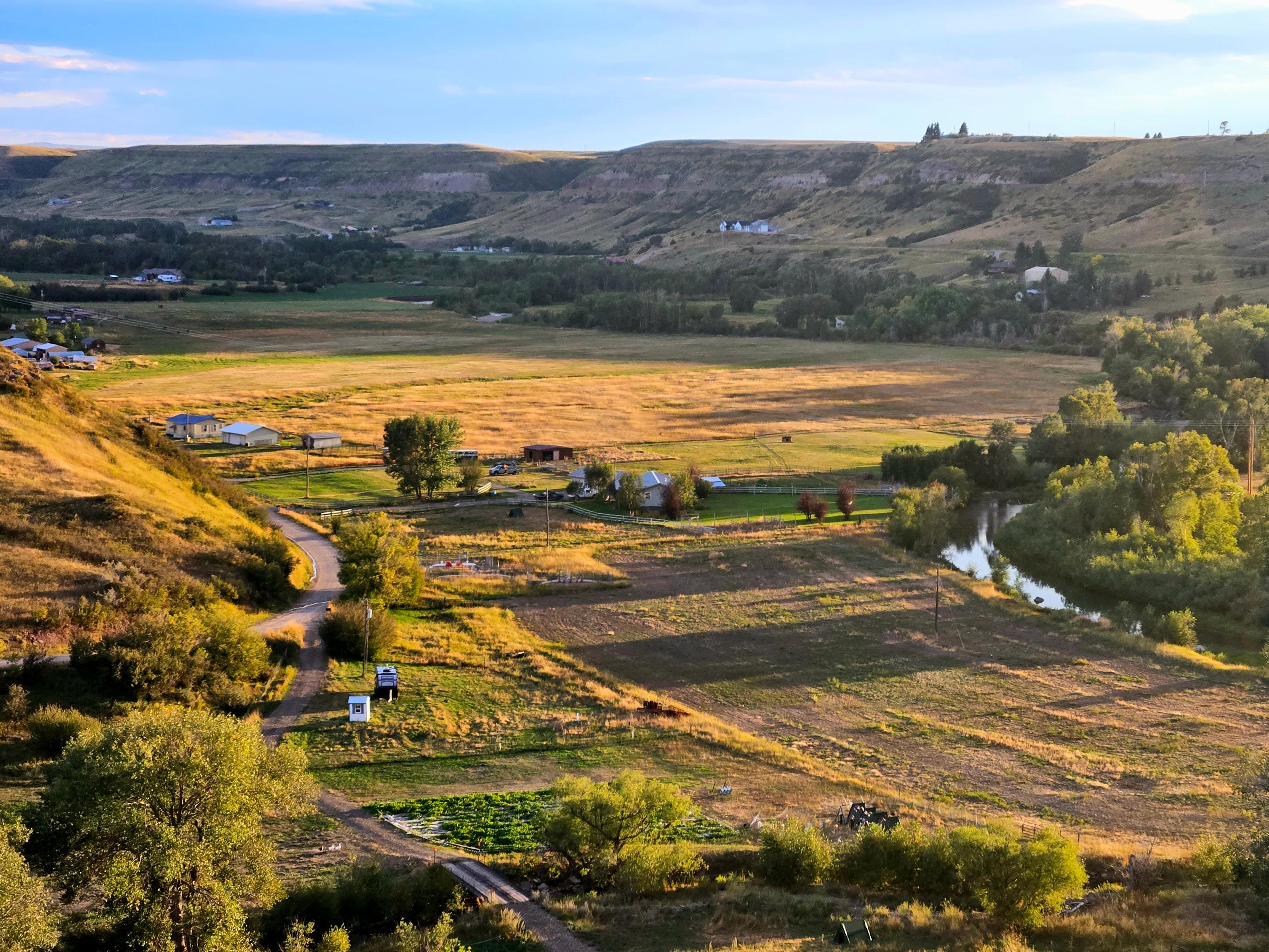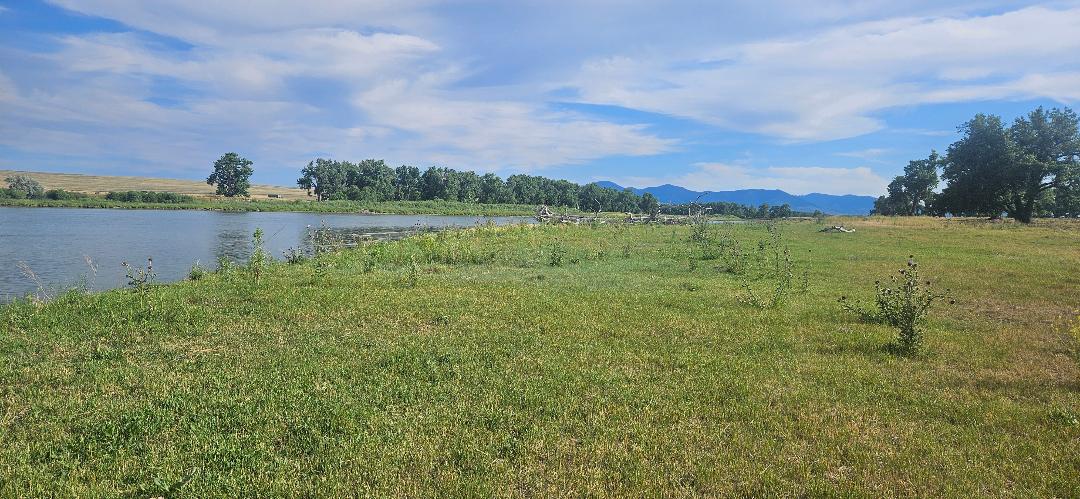- Benton Lake National Wildlife Refuge
The best camping in Benton Lake National Wildlife Refuge, MT
Discover the wild prairies and wetlands of Benton Lake National Wildlife Refuge.



Top-rated campgrounds near Benton Lake National Wildlife Refuge
Montana Country & Stone Barns
Hardda Farm Site
Choteau Mountain View RV Campground
A Canyon Stay with Mini A-frame
Farm Valley Retreat
Rodeo Basecamp Along the Mighty MO
Recent reviews from the Hipcamp community
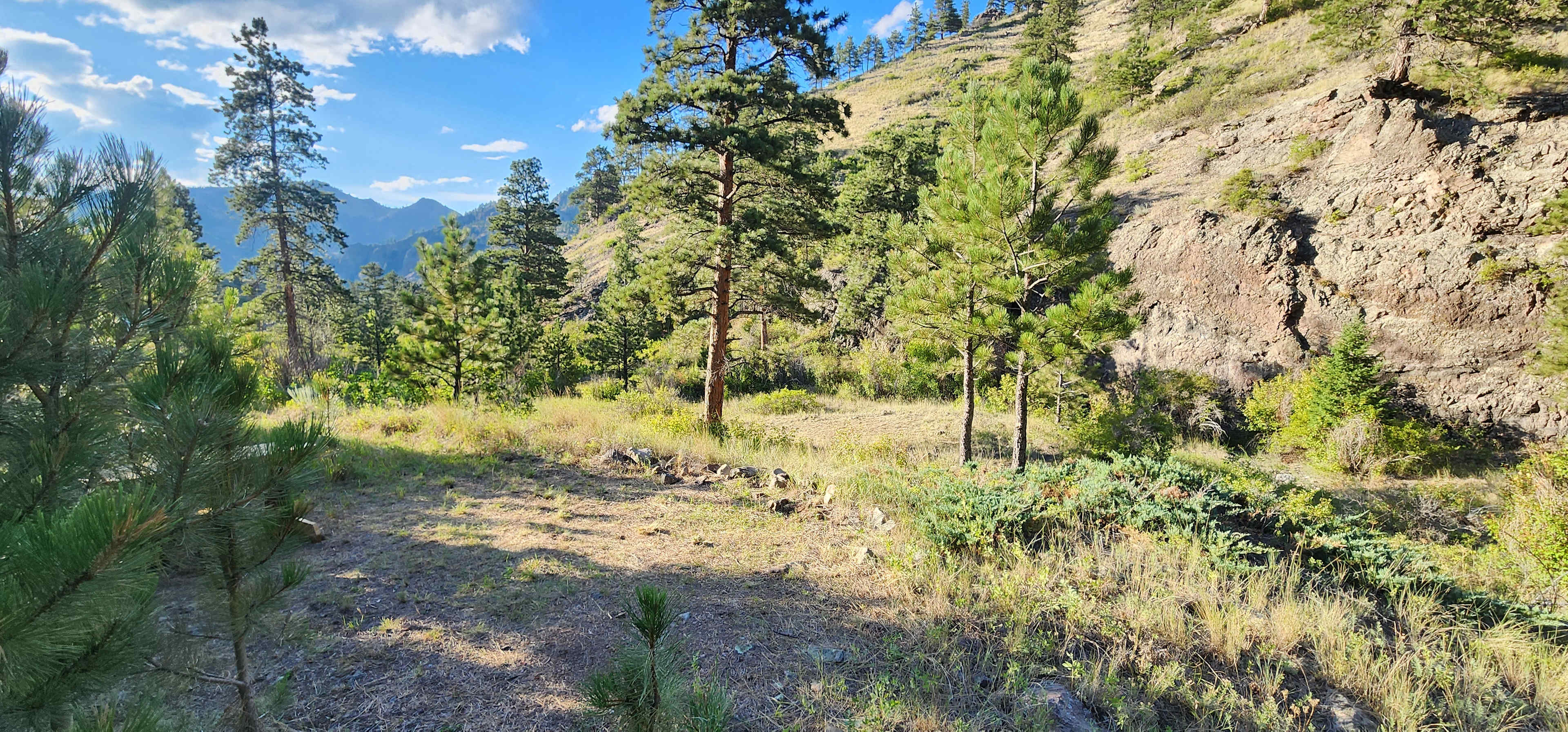
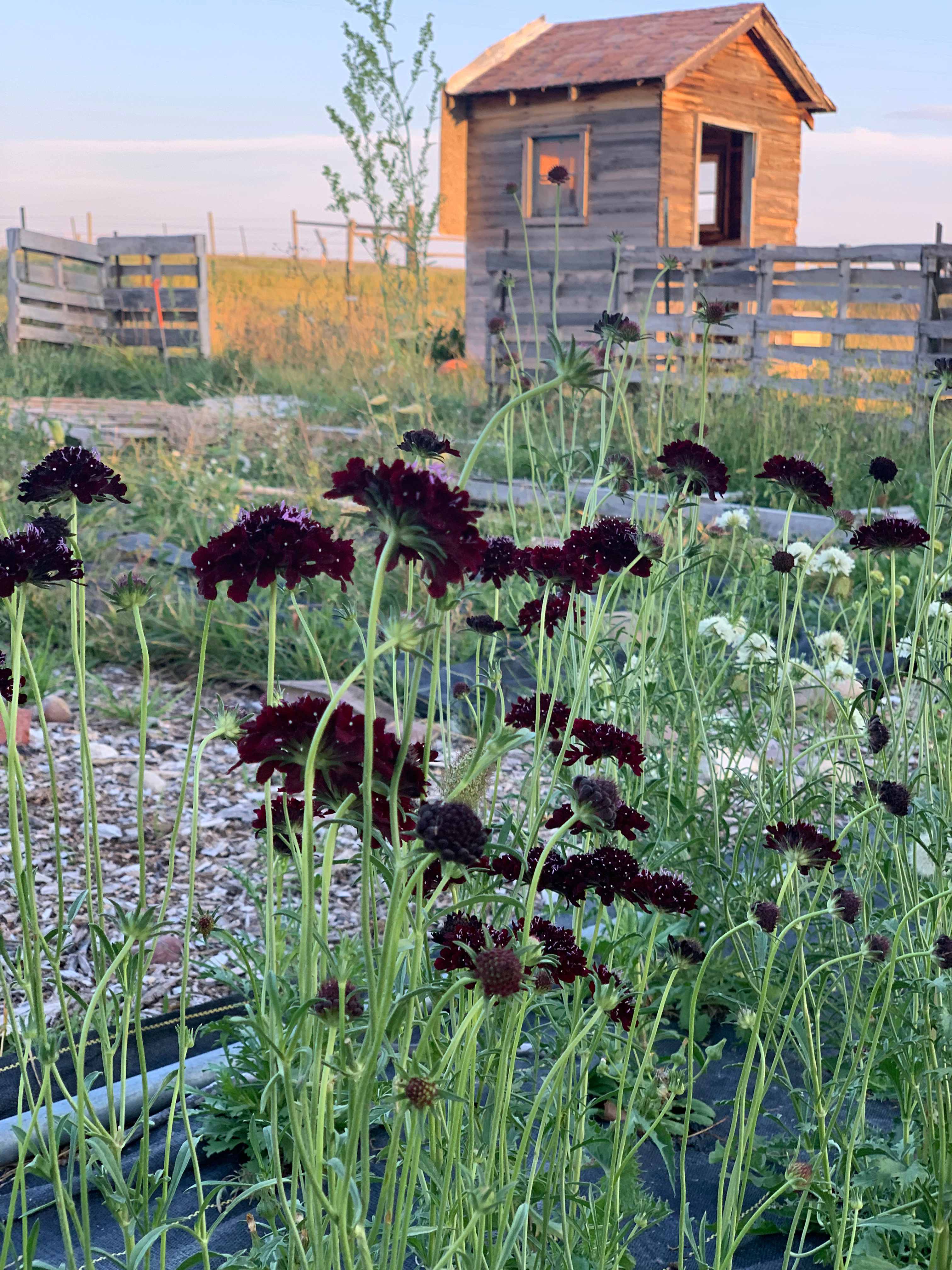
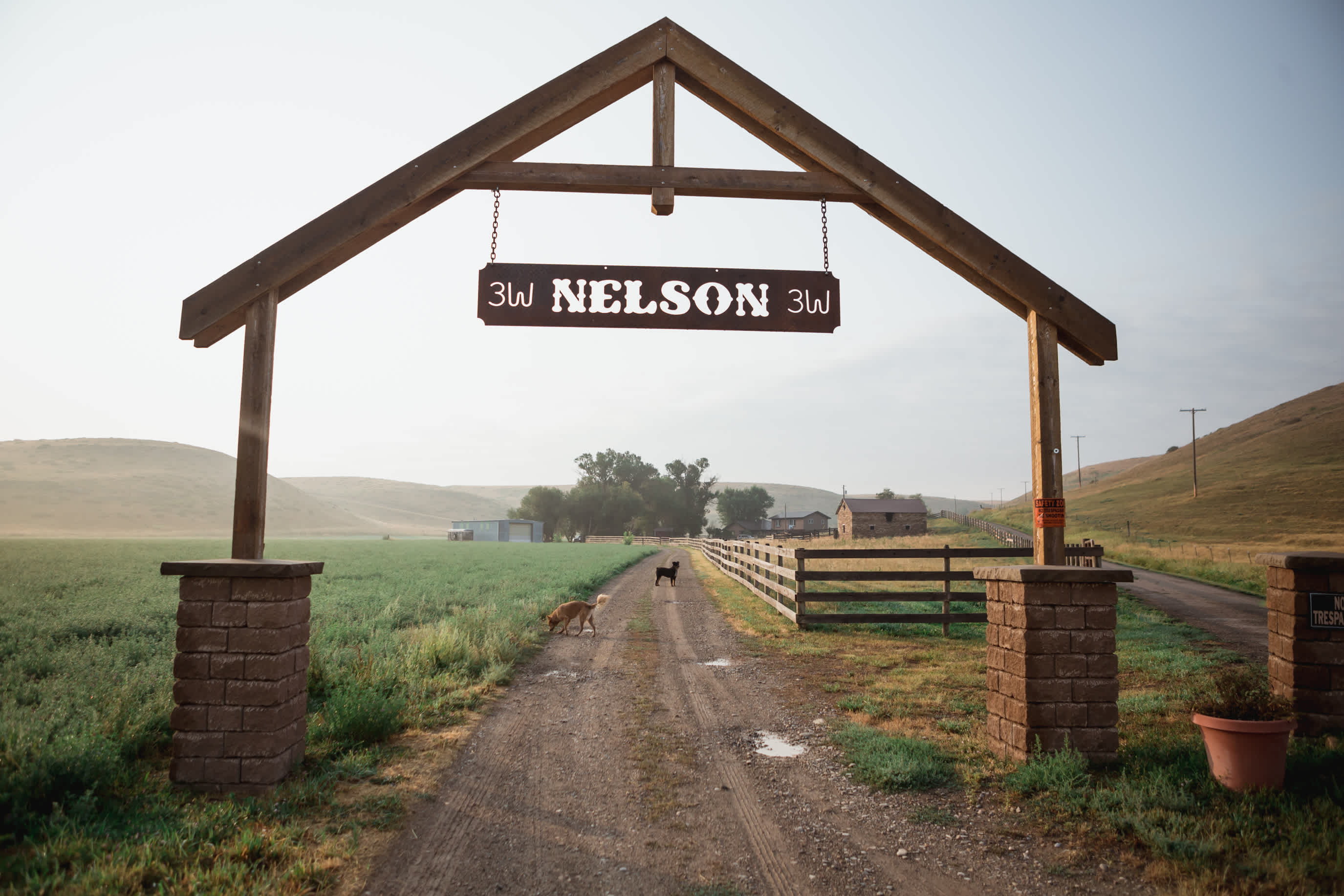
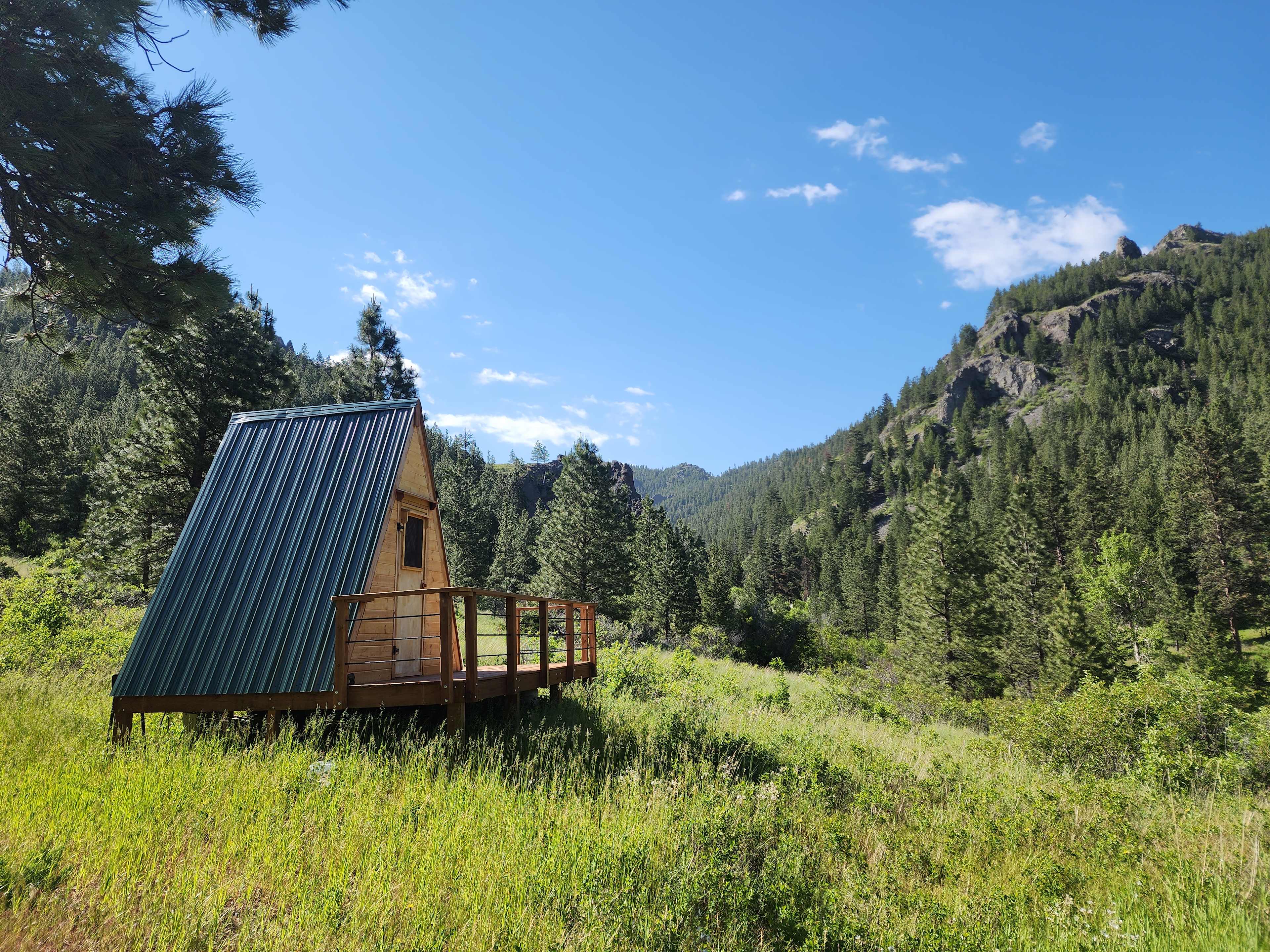

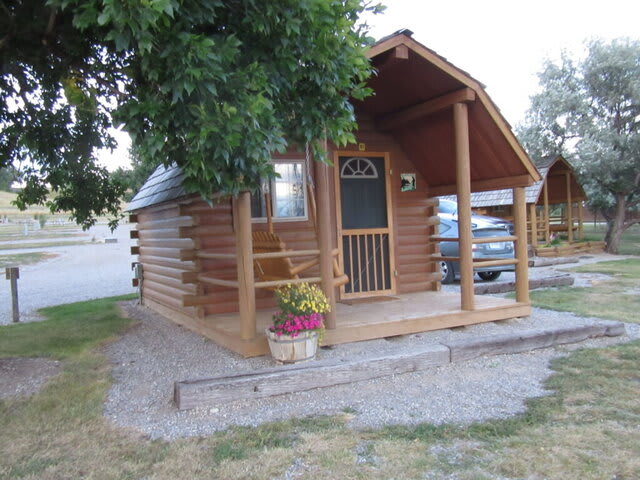
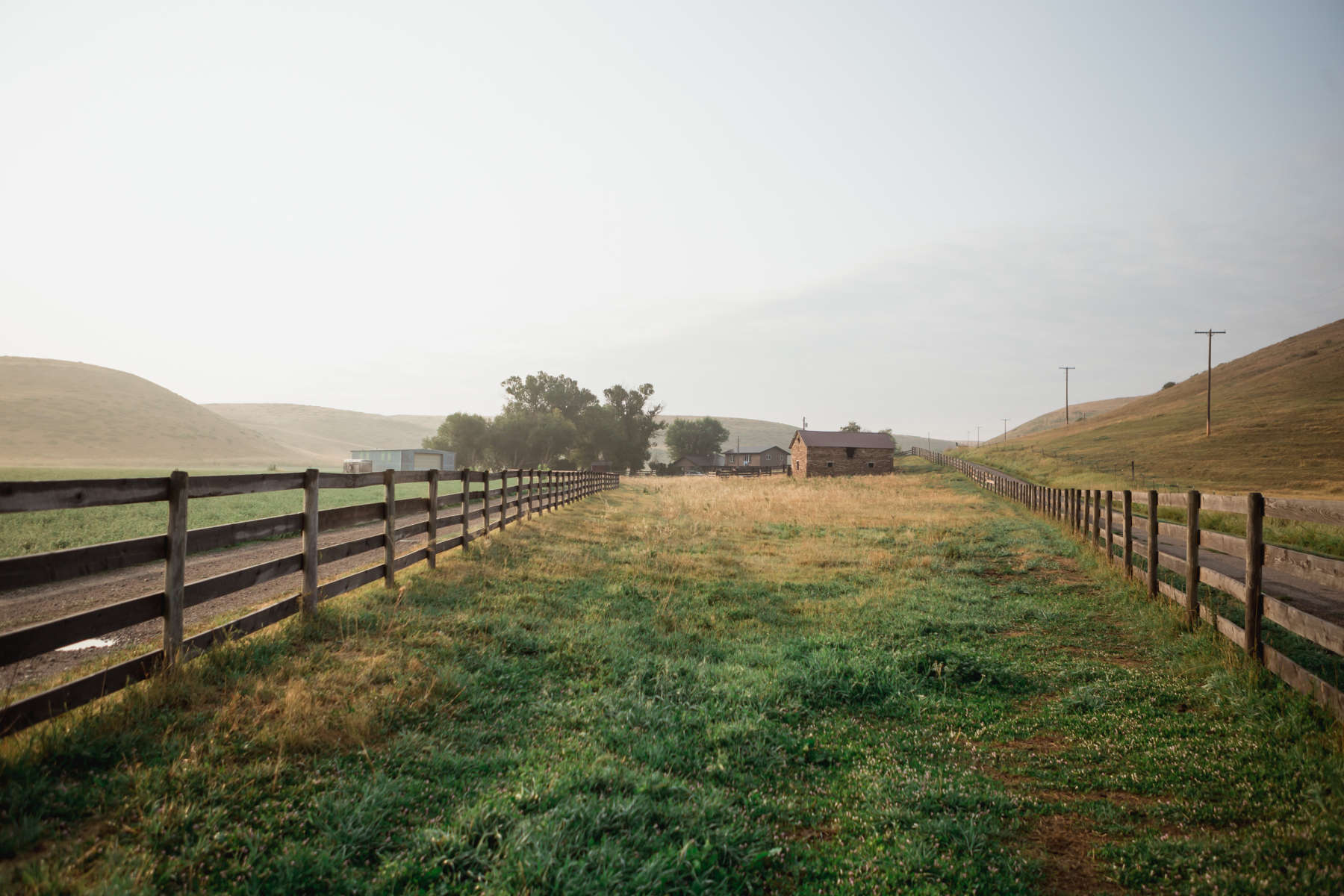
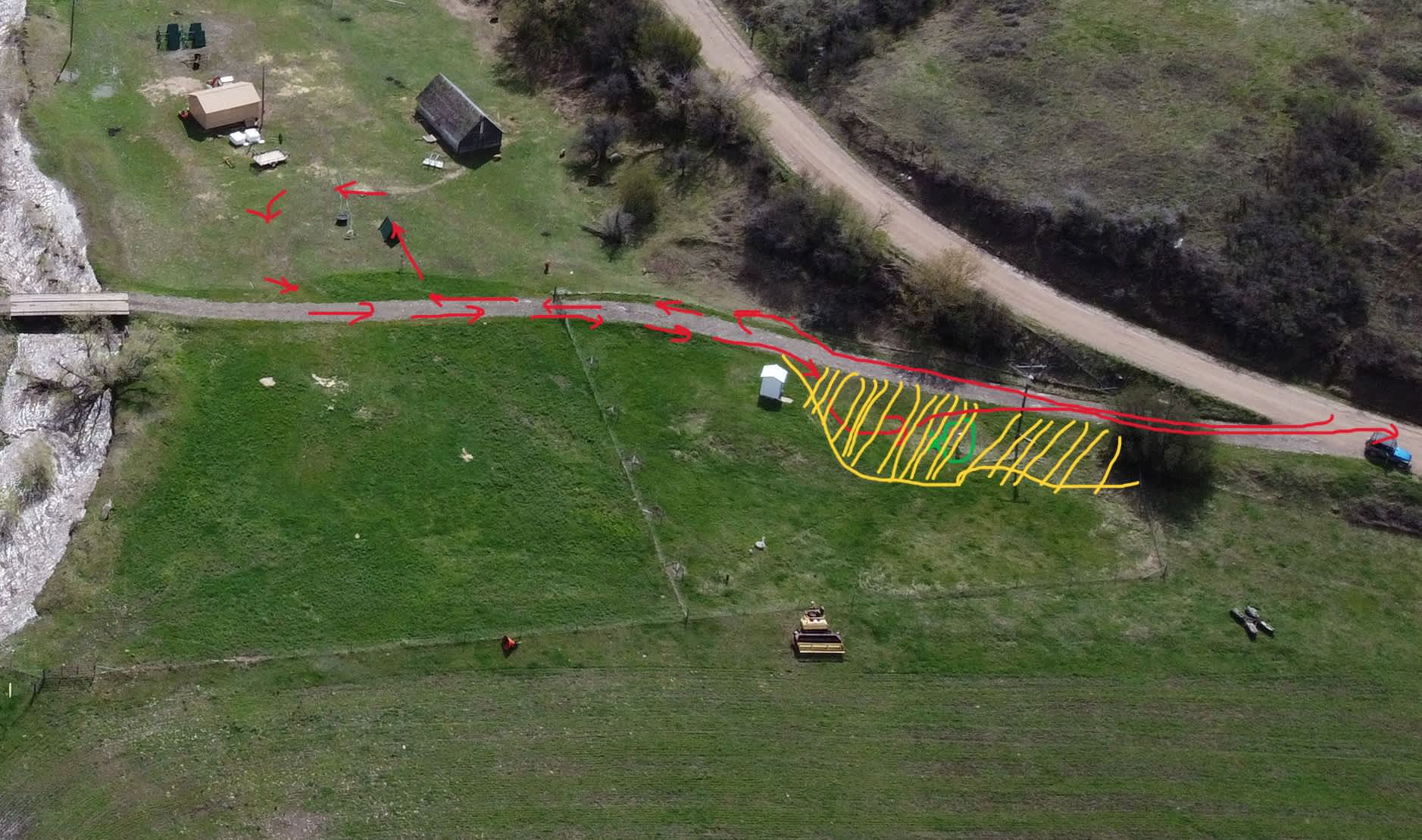








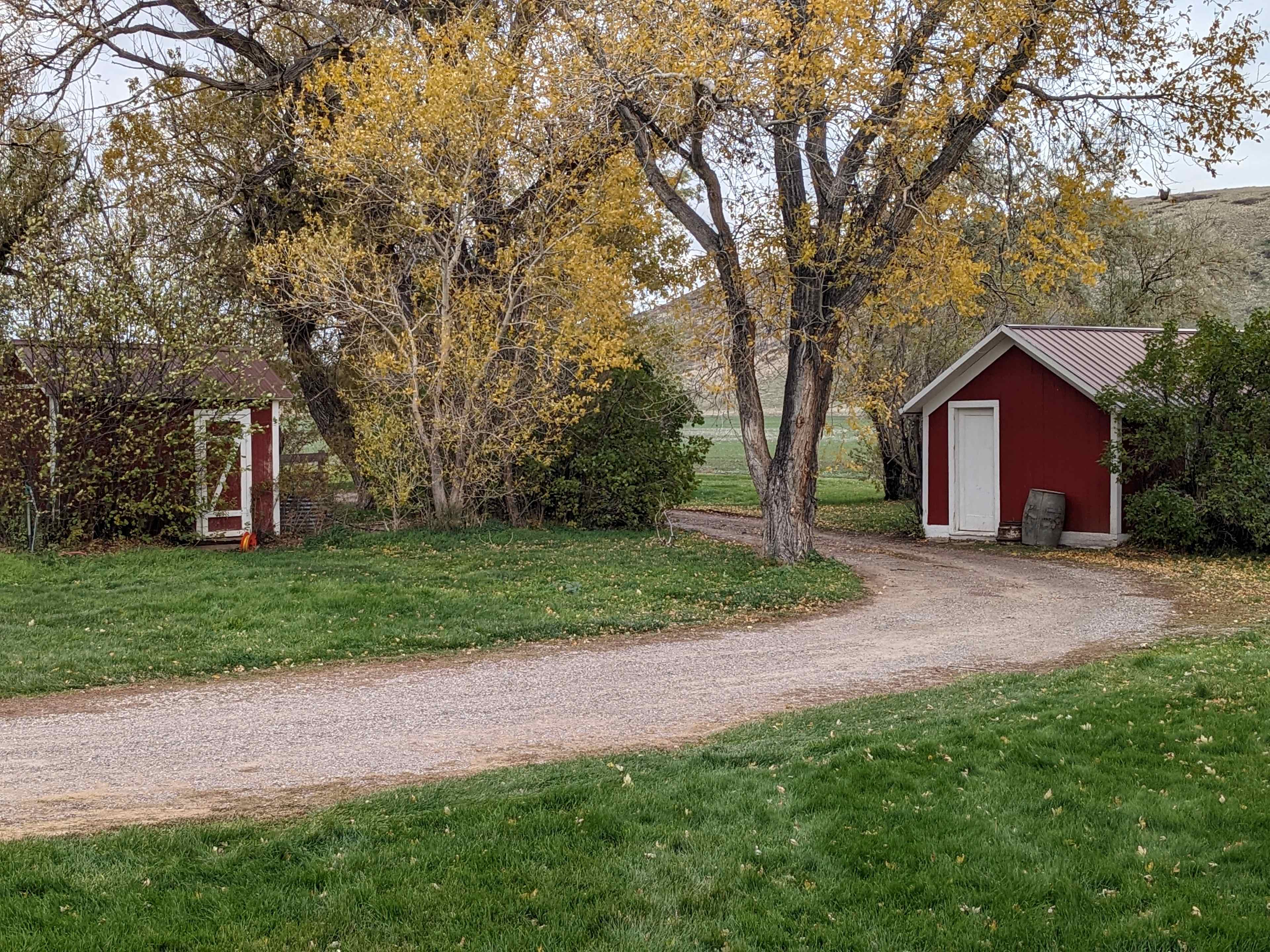



The best camping in Benton Lake National Wildlife Refuge, MT guide
Overview
About
Camping near Benton Lake National Wildlife Refuge offers an enriching experience for outdoor enthusiasts. While the term "lake" might suggest a deep body of water, Benton Lake is actually a sprawling 6,000-acre shallow wetland, a testament to the transformative forces of the last continental glacier that shaped this landscape thousands of years ago. Campers will find tranquility in this unique setting, where the delicate ecosystem formed by ancient geological events unfolds in front of them. The wetland environment, a product of the Refuge's management as part of the Western Montana National Wildlife Refuge Complex, nurtures a variety of flora and fauna that add a layer of natural intrigue to your camping journey. Days can be spent exploring the diversity of the wetland, observing the dance of ecosystems functioning in harmony. Birds of all shapes and sizes can be spotted, making it a paradise for birdwatchers. Nature photography takes on a new level of challenge and satisfaction in such a diverse habitat. After a day filled with exploration, campers can unwind under the wide Montana sky, the peaceful sounds of the wetland providing a calming soundtrack. The rhythmic croaking of frogs, the gentle rustling of reeds in the breeze, all under a sky teeming with stars. It’s these moments that make a Benton Lake National Wildlife Refuge camping trip an exceptional outdoor adventure. The surrounding areas offer a host of outdoor activities. Nearby trails provide hiking options for all skill levels, and local rivers are perfect for canoeing or fishing. Camping near Benton Lake National Wildlife Refuge is more than just a trip; it's a dive into an ancient world, an ecological marvel waiting to be explored.
When to go
The best time to visit Benton Lake National Wildlife Refuge is during the spring and fall migrations, when waterfowl and shorebirds are abundant. Summer offers warm exploration days, while winter provides a serene, snowy landscape for cross-country skiing. Avoid the wettest months when trails may be inaccessible.
Know before you go
- Check the refuge's seasonal closures to protect nesting birds and their young.
- No overnight parking or camping is allowed on the refuge.
- For your safety, pets must be leashed and remain on designated trails.
- Prepare for your visit by checking the weather and dressing appropriately.
- Remember to carry out all trash and respect the protected wildlife and plants.
